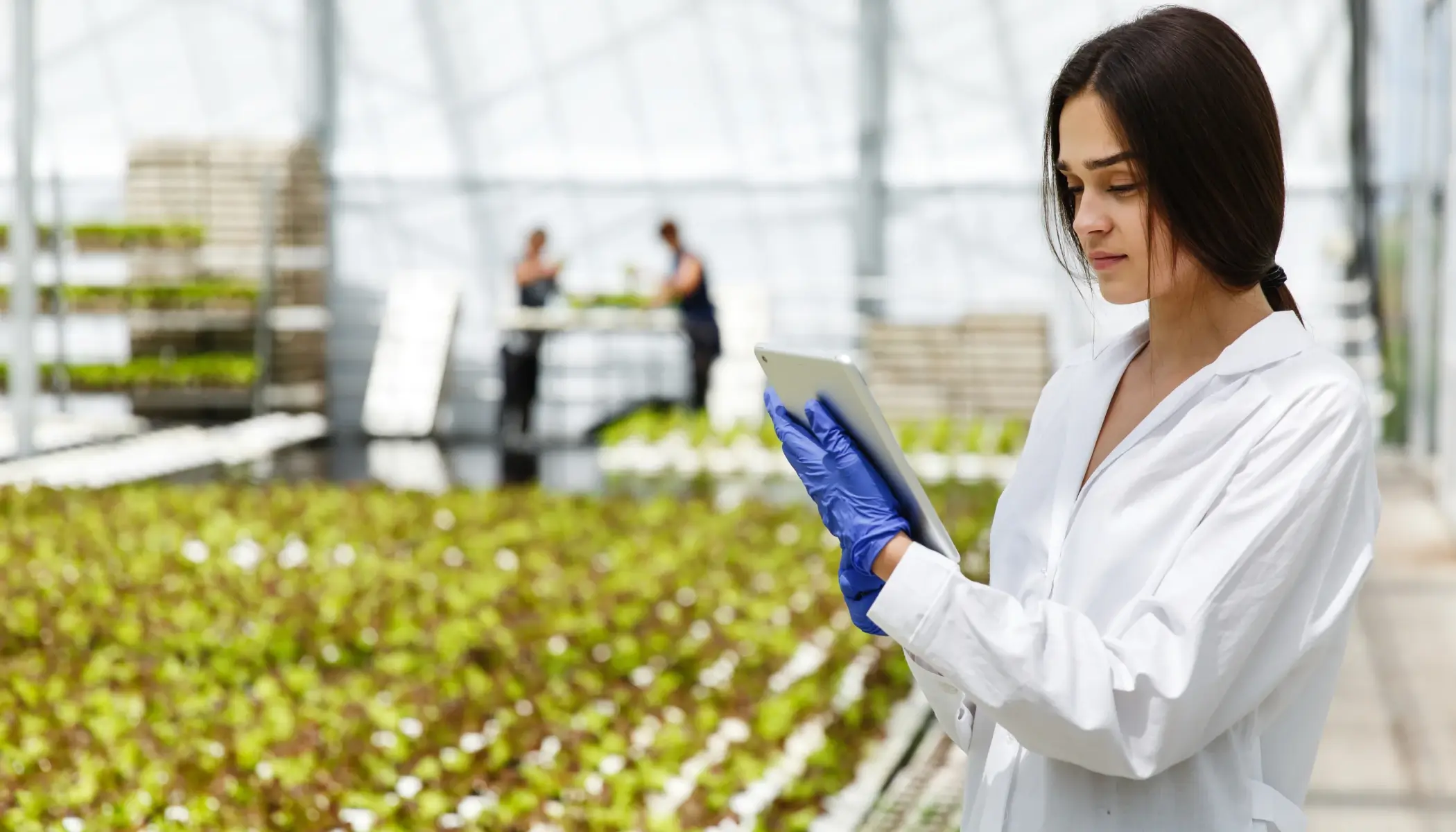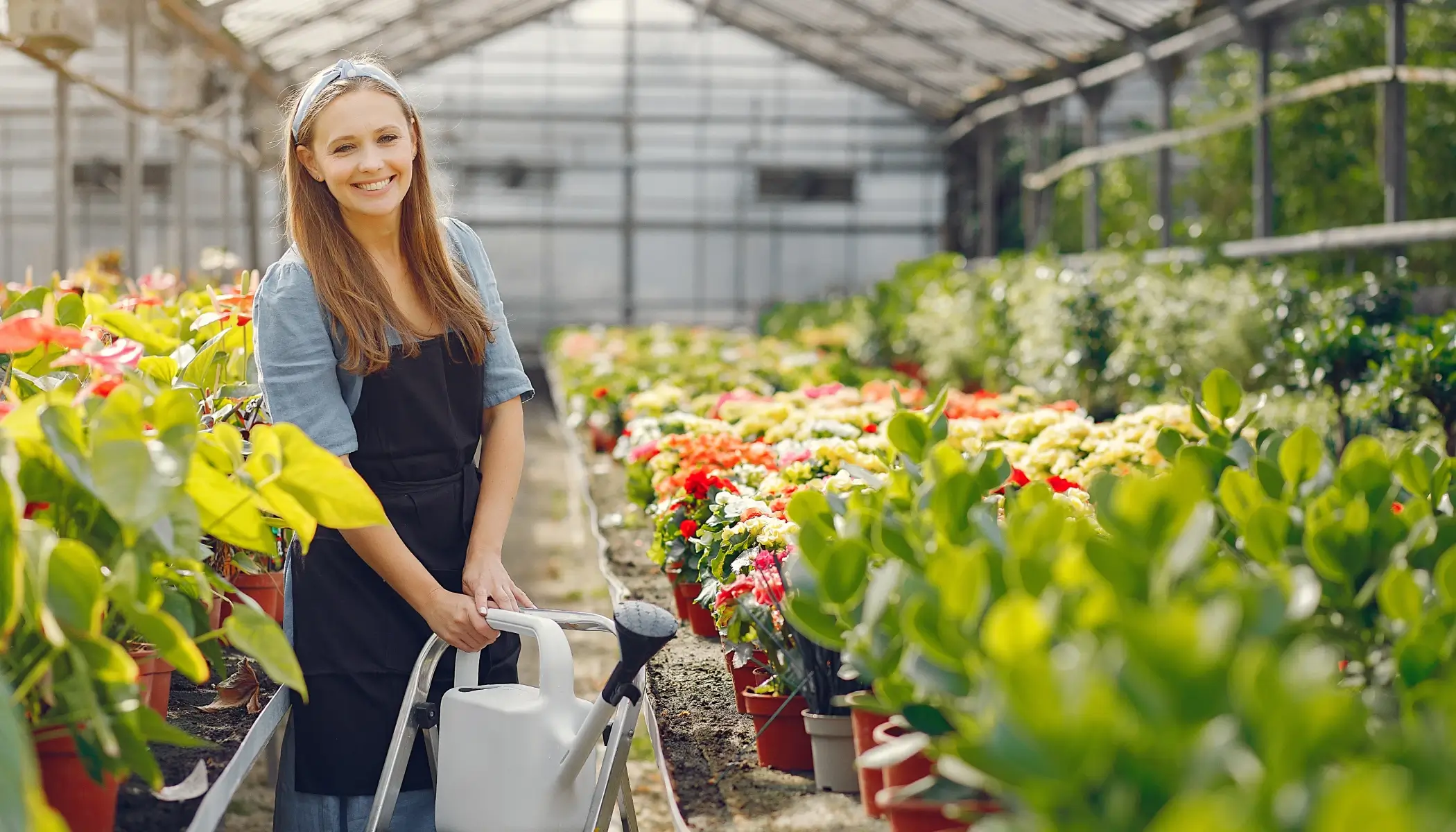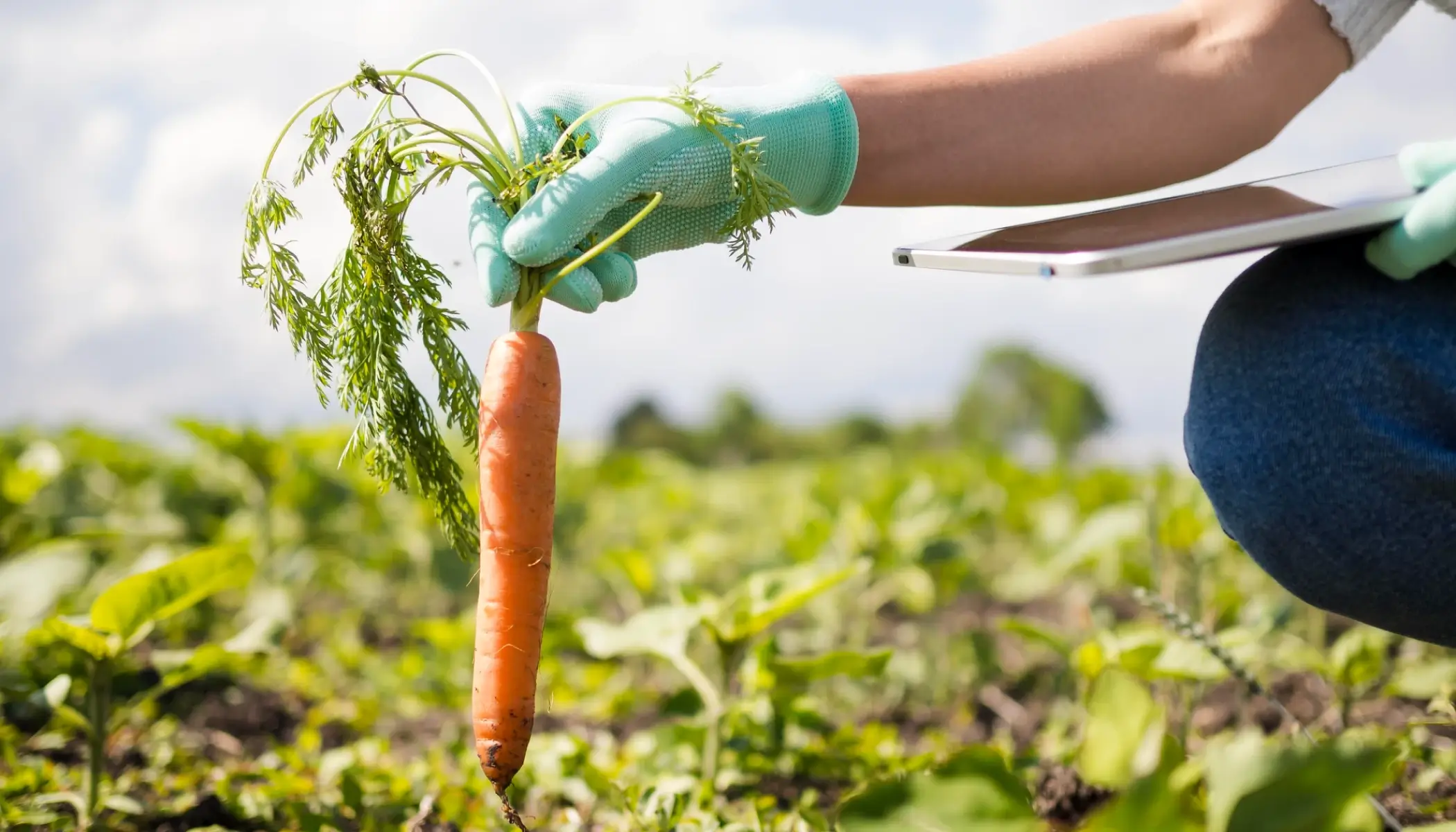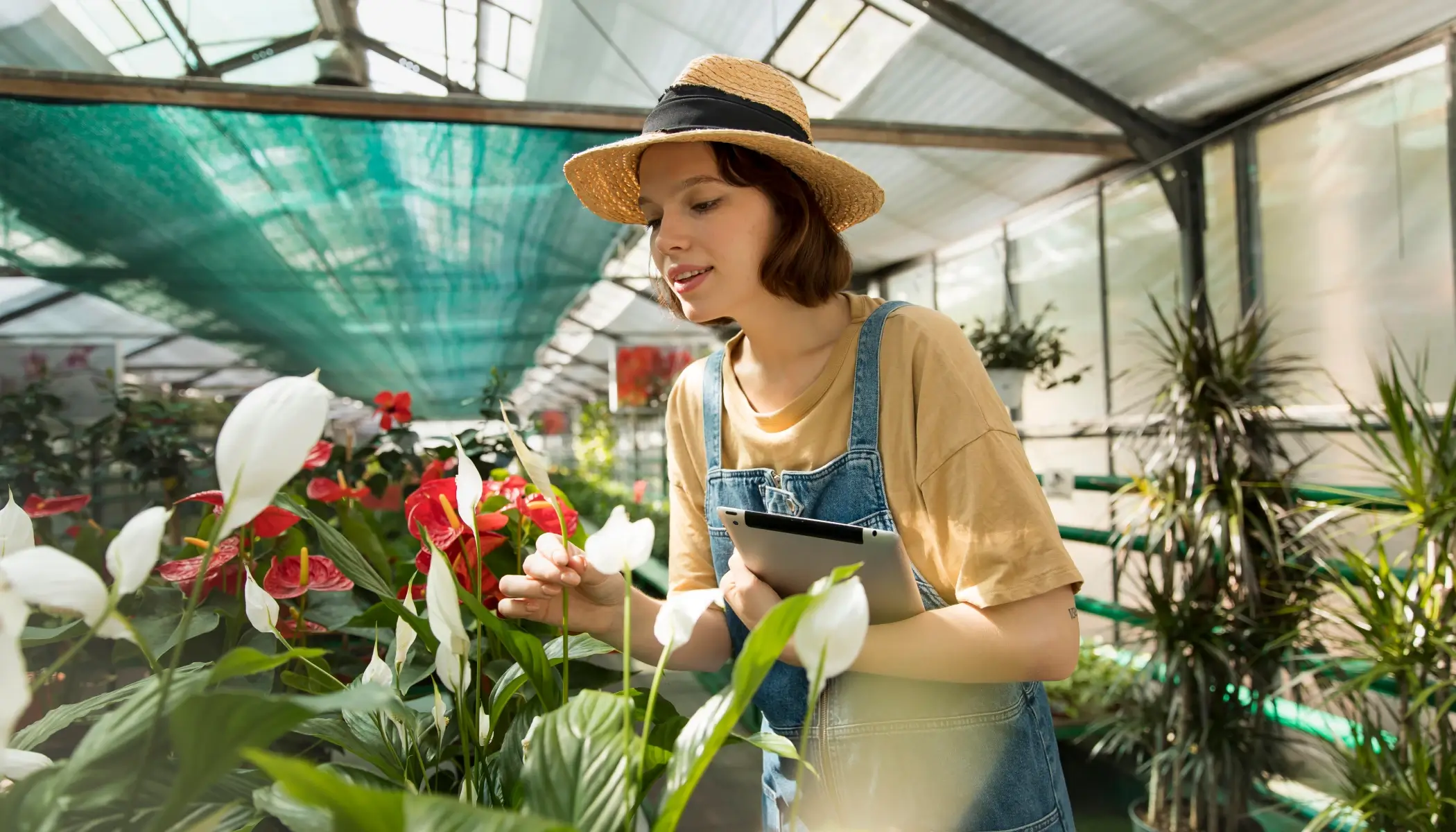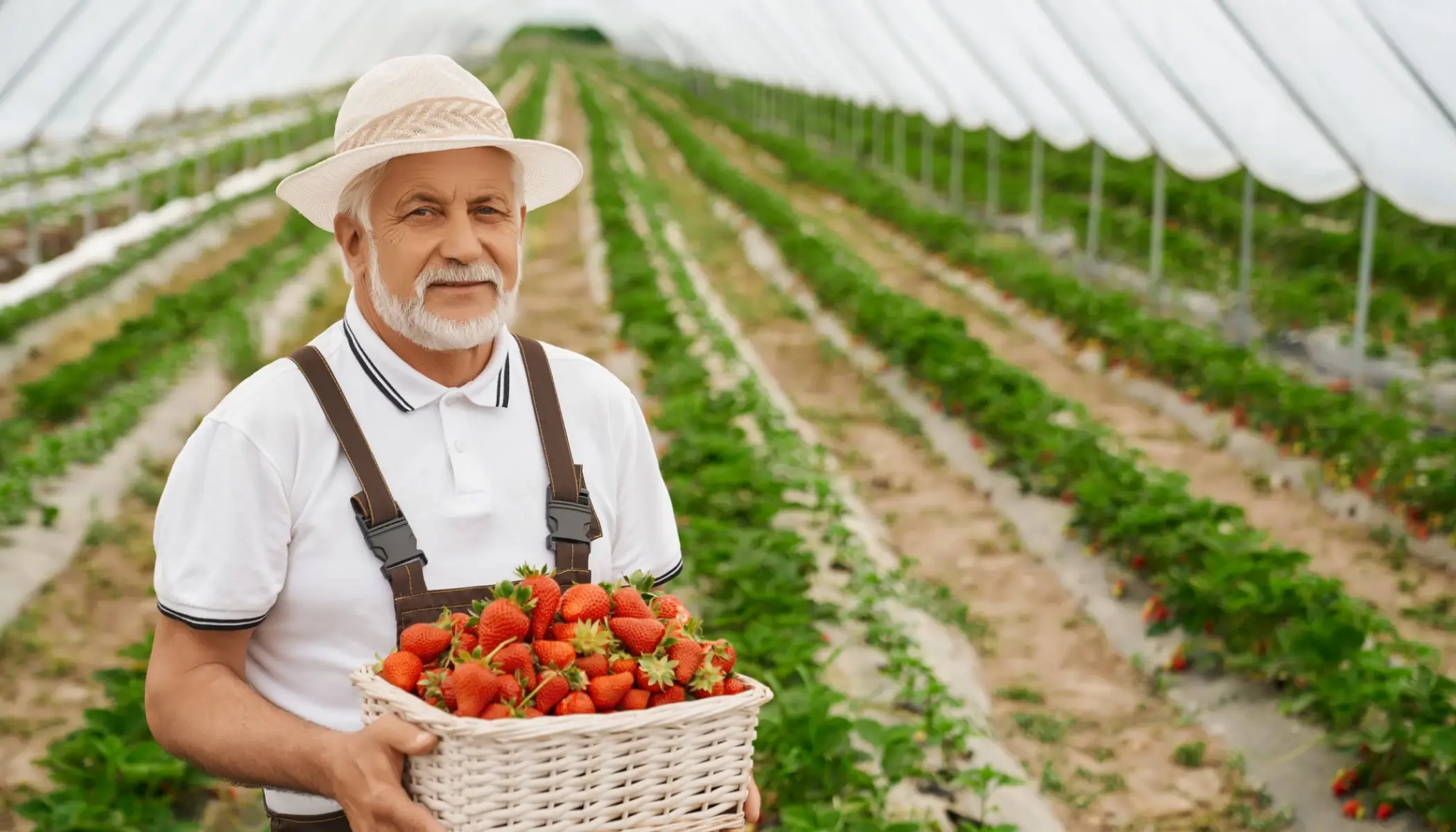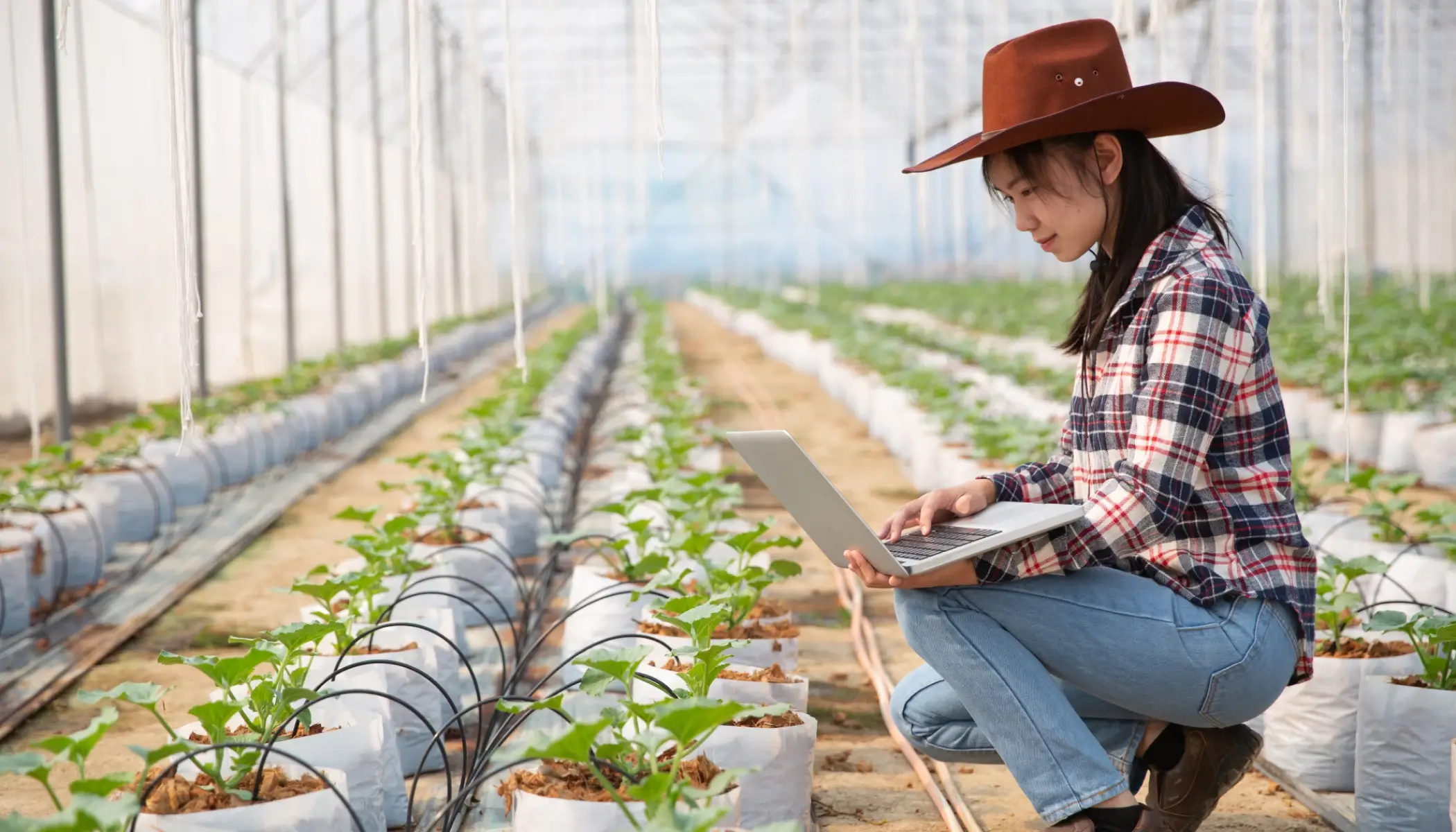
Organic farming emphasizes natural inputs and biodiversity, ensuring that crops are grown in harmony with the environment. By avoiding chemical pesticides and fertilizers, organic farmers contribute to healthier ecosystems and safer food products.
Crop cultivation encompasses the planting, nurturing, and harvesting of various crops such as grains, vegetables, fruits, and legumes. This process involves soil preparation, irrigation, pest control, and fertilization to ensure healthy and abundant yields. Advances in agricultural science have led to the development of genetically modified crops, precision farming, and sustainable practices aimed at reducing environmental impact.
The issue of drug resistance, particularly with antibiotics,strains of bacteria, making harder to treat and spread. This challenge underscores the importance of responsible prescribing practices and the development of new antimicrobial agents.– Daniel Allen
Agriculture and farming significantly impact economies by providing employment, driving rural development, and contributing to national GDPs. Socially, they ensure food security, support livelihoods, and foster community resilience. Challenges such as climate change, land degradation, and market volatility require adaptive strategies and policies to sustain these vital sectors.
Tags:
admin user
administrator


